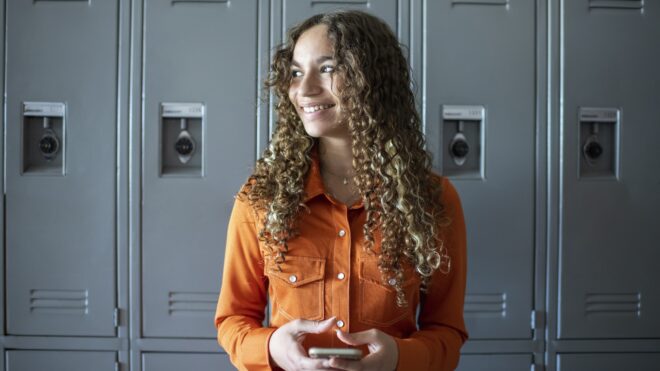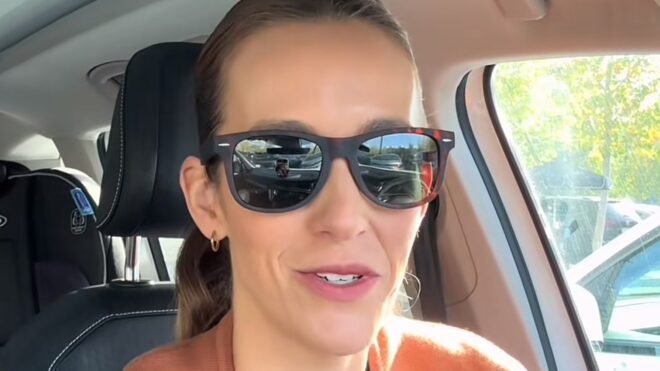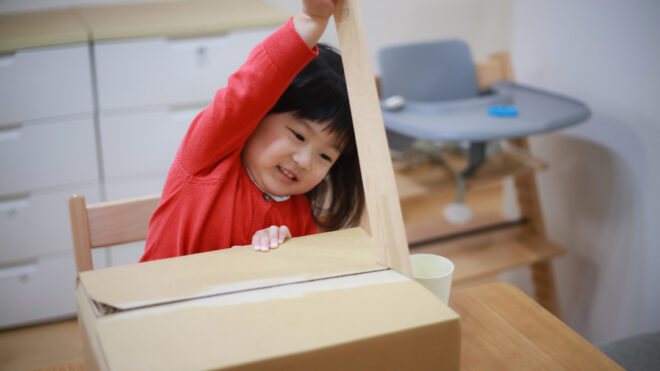
As a parent, it can be easy to think about elementary school as this cozy, safe little bubble. We take our kids there when they are practically still babies, really, and they walk down the hallway to their tiny desks, making friends with whomever is sitting next to them during circle time. They get to spend the next few years losing teeth, learning to read, and mastering both monkey bars and multiplication tables, all under the watch of a group of teachers that are familiar faces, who know most of them by name.
And then, BAM. Middle school looms on the horizon. Suddenly kids who've maybe had five or six teachers in their whole lives are facing the prospect of having six or seven different teachers in a day. The transition from grade school to middle school also happens to coincide with visits from the puberty fairy, so suddenly kids (and their parents) are dealing with changing bodies and changing schools at the same time. It's A LOT. It's pretty normal for both kids and parents to have some anxiety about the transition to middle school, so we decided to check-in with some moms who've already been there, done that and got them to share their best advice (and sometimes just sympathy) about how to manage that transition while giving kids the support they need to feel confident and ready to learn.
Brace for Change
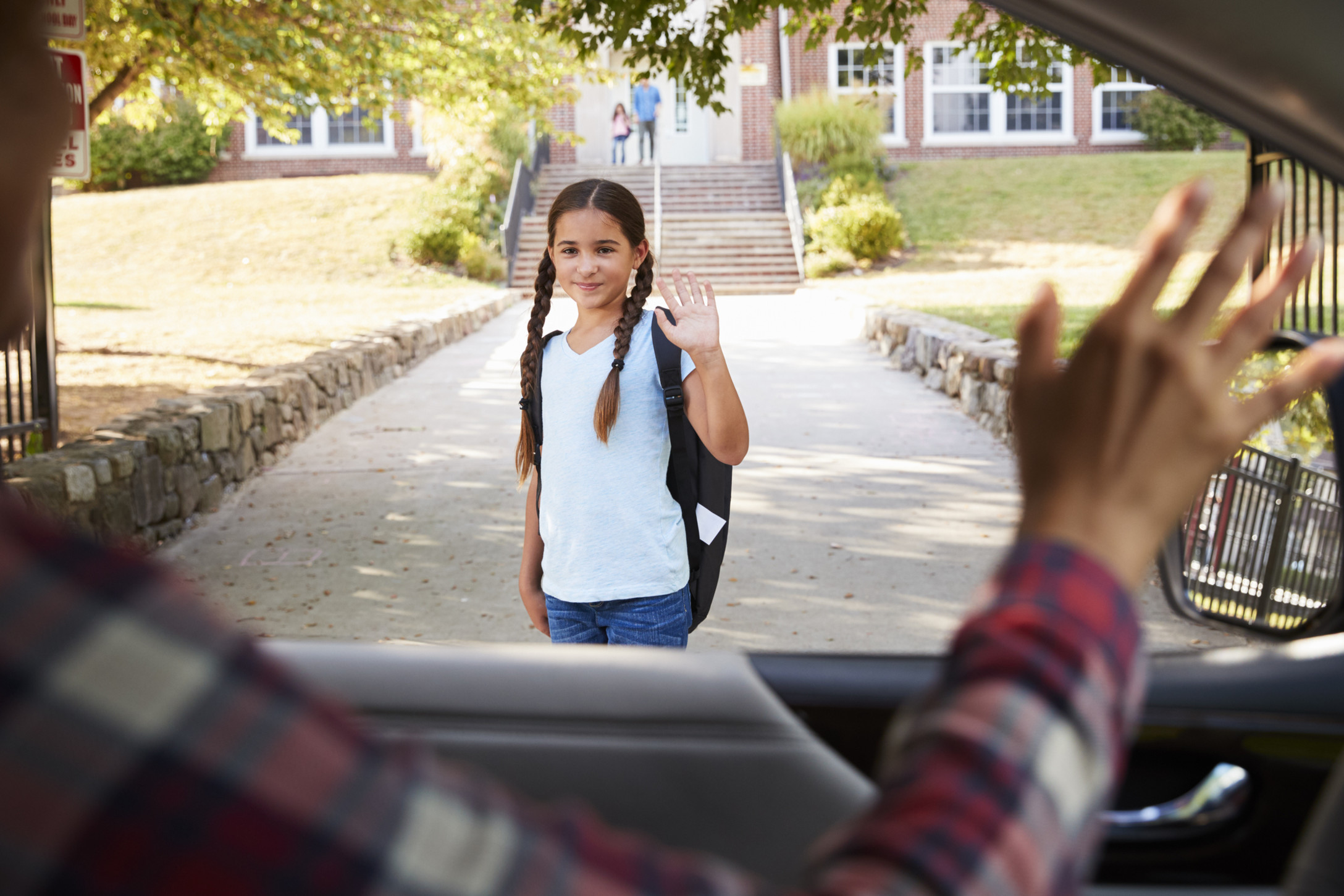
"I was so shocked by how everything changes in middle school. No one wants parent volunteers. Kids are no longer thrilled if you show up for lunch together. A surprise pop in for a hug and kiss is now traumatic. Most communication is between the student and teacher now. It’s a whole new world for both students and parents!" — Jen R., St. Paul, Minnesota
Keep Track of Things
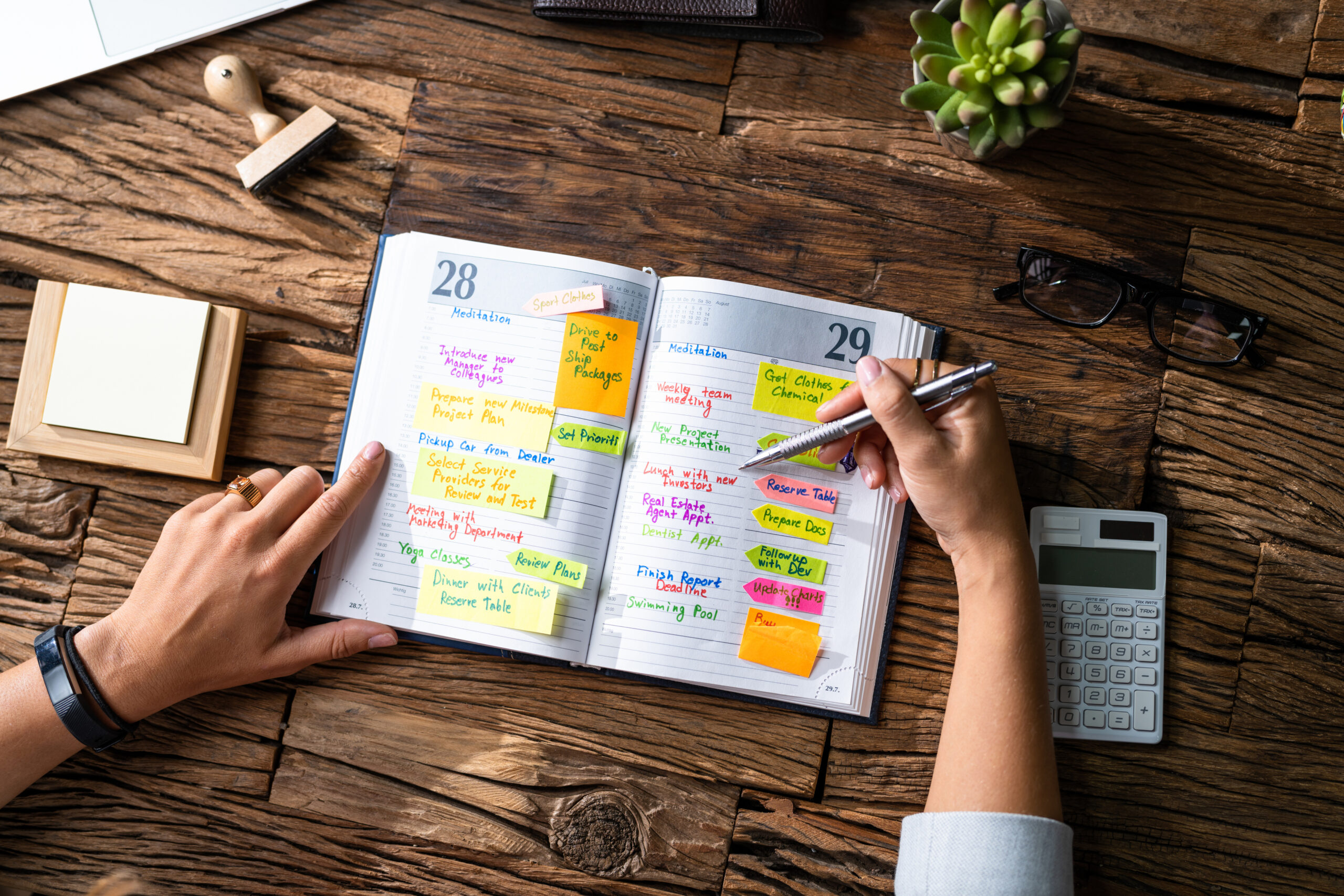
"In terms of the increased academic demands, I'd say to make sure to keep track of assignments and grades early. It is very easy to miss points and harder for some kids to get used to grades (our district doesn't start letter grades until middle school, so some kids need help with getting comfortable with that)." — Mallory O., San Antonio, Texas
Prepare Them for Social Changes

"I think it can be help to prep them for the different social dynamics. Major social changes that were hard to figure out (probably made more so because sixth grade was virtual). As my son said, in elementary, everyone in your class is you friend but in middle school everyone has groups. The groups are hard to figure out amd it can be good to share with your kid that they might notice those changes and how to navigate them." — Lori P., Douglas, Arizona
Meet the Staff

"For parents, I suggest taking the time to meet some of the school support staff, if you can. Knowing the name of the school counselor and the front desk person and the school leadership is helpful, especially so you can tell your kid who to talk to if they are worried about a friend. Some real serious mental health stuff has come up for some of my kid's friends in middle school and I wanted to make sure he knew who he could talk to if he felt like a friend was really struggling." — Annicka J., St. Paul, Minnesota
Focus on the Fun
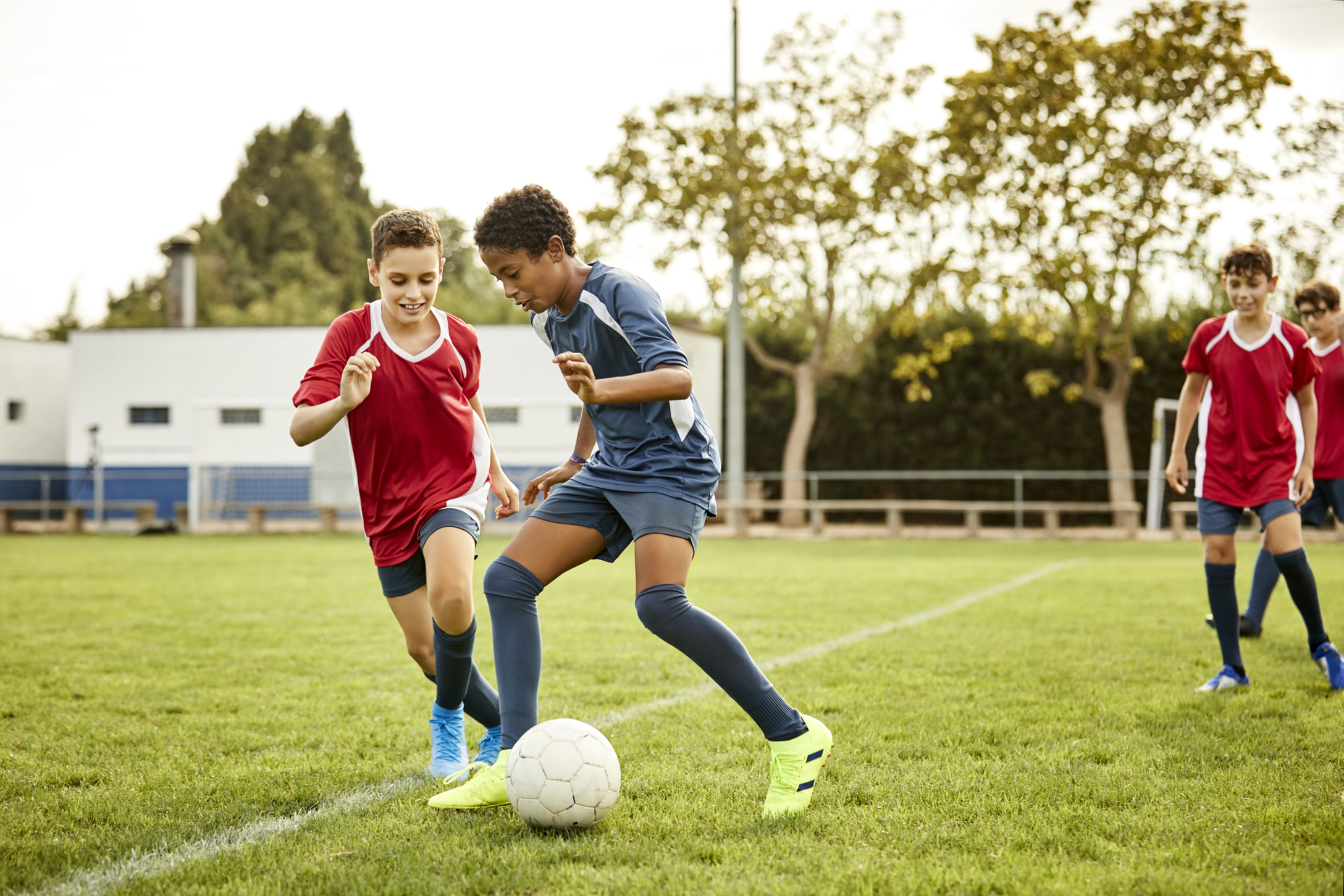
"It can be easy to focus on all the stuff that causes anxiety, but make sure to highlight the fun stuff, too! Middle school has lots more activities, like sports and clubs and electives, for kids to look forward to. My son was thrilled when he found out he could both take a cooking class and join the soccer team." — Dana S., Summit, New Jersey
Stay Connected

"Find a time each day to intentionally make a point of connection, and make that a routine. While having a snack helps (i.e. after-school snack or bedtime snack) since there is a purpose, it’s short, and they can take the lead on talking or not. It opens up lines of communication and makes it really easy to just be together or talk at a time when they are developmentally desiring independence. They may not say much most of the time, but it is an open door when it may be needed." — Jennifer N., Brookings, South Dakota
Let Them Still Be Little
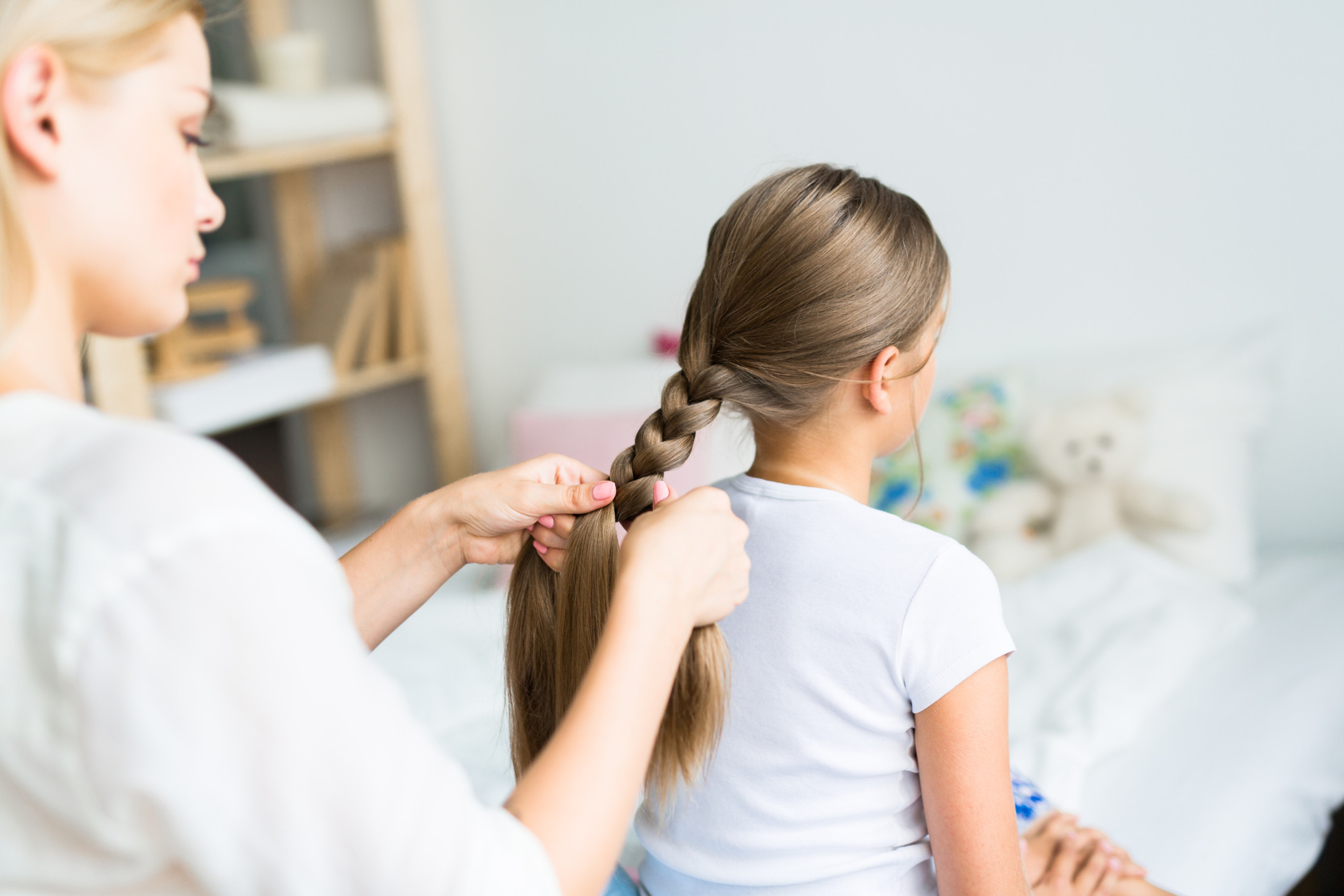
"Middle school does require them to step up and be more independent, which is good. But don't force them to have to be all grown up all at once. Sometimes they may want to hold on to some of the rituals they had in elementary school. For instance, my daughter still wanted me to do her hair every morning. She's capable of doing it herself but it also gave us a good chance to check in before she started her day. Let them have those things that still make them feel little when they need it!" — Esme W., La Jolla, California
Taboo Talks

"Kids will hear about and be exposed to a lot more 'taboo' topics like menstruation, sexuality, sex, substance use, self-harm, and drugs/drinking in middle school. Having conversations about those topics at home is really helpful to make sure kids know they can ask questions and so you can make sure they aren't believing some absolute nonsense that some ding-dong 13-year-old told your kid! We had to do some major corrections to some very inaccurate information about sex my kid heard during PE class from another kid." — Micki A., Buffalo, New York
Ignore the Chaos

"The first year of middle school is nuts and knowing that going in a helpful. Kids from many different elementary schools getting tossed together. You find out who isn't up to reading level really quick (so heartbreaking — and angering — for me). The best tip my kiddo gave me that she used was ignore the chaos. Stay out of the crazy. And yes, getting involved in interests/clubs/sports etc. Middle school is the time to try it all out. Also, start developing good organizational practices, whatever that looks like for you, for your kid. It helps to have these practiced before high school. Definitely meet with your kids' teachers when you can. Good lines of communication can help during this super transitional time in your kids life." — Jenifer P., St. Paul, Minnesota
Have the Mask Talk

"Our family is still masking and last year my middle schooler did have to sort of defend herself a bit for still being COVID cautious. Parents should have the talk with all kids about being respectful when people are choosing to mask and seeing that as a sign, if you aren't a masker, to be mindful of social distancing still. The pandemic isn't over, folks!" — Jocelyn, Eagan, Minnesota
Boys Get Body Shamed, Too

"One mistake I made was not prepping my son with some ideas of how to handle being one of the smaller kids in school. He has a late summer birthday and has been a bit of a late bloomer in terms of physical development. He was always one of the smaller kids but the difference is much more noticeable in middle school where there are 6-foot-tall eighth graders roaming the halls. He got teased and I feel like I could have done more to help him have some strategies for being boy body shamed." — Blair B., Green Bay, Wisconsin
Period Prep

"My daughter hadn't started her period yet when she was starting middle school and she was terrified of it happening for the first time at school. One thing we did was a kind of dry run of what she would do if that happened. I showed her how to put on a pad. We talked about what to do if there was blood on her clothes (go to the school nurse and call me). We kind of played out the scenarios so she felt more in control. That feels like an important transition conversation to have, I think." — Keisa P., Chicago, Illinois
Screen Rules
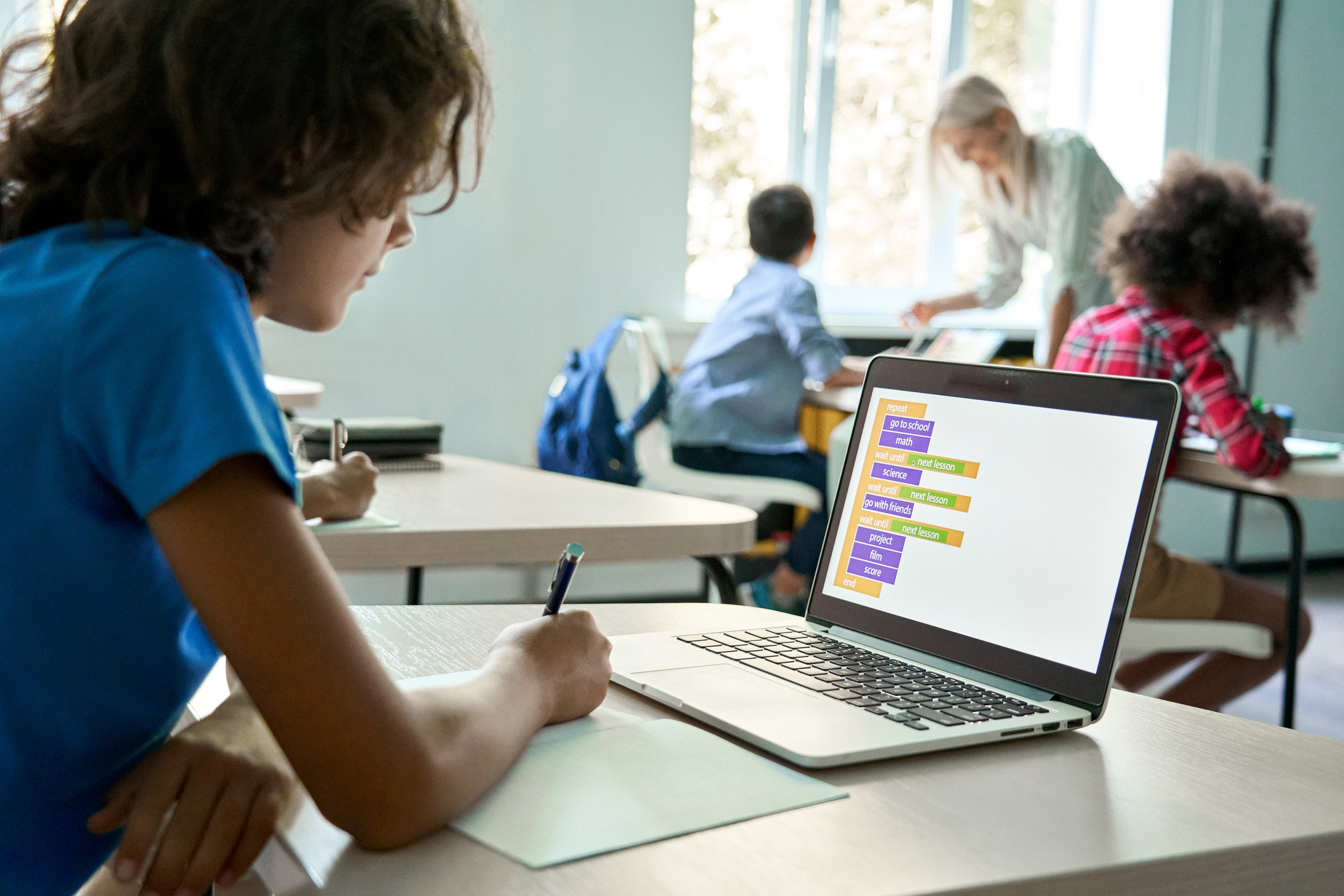
"They used a school iPad during grade school but I was amazed at how much they use it for basically everything in middle school! Help them prep for that by developing a good routine for taking care of the device (we have a dedicated spot in the house for all school pads and chargers), a way of keeping track of all the different login info, and remind them that there are things that they should not be looking up on the school devices!" — Zelle J., Denton, Texas
Lunch Time Prep
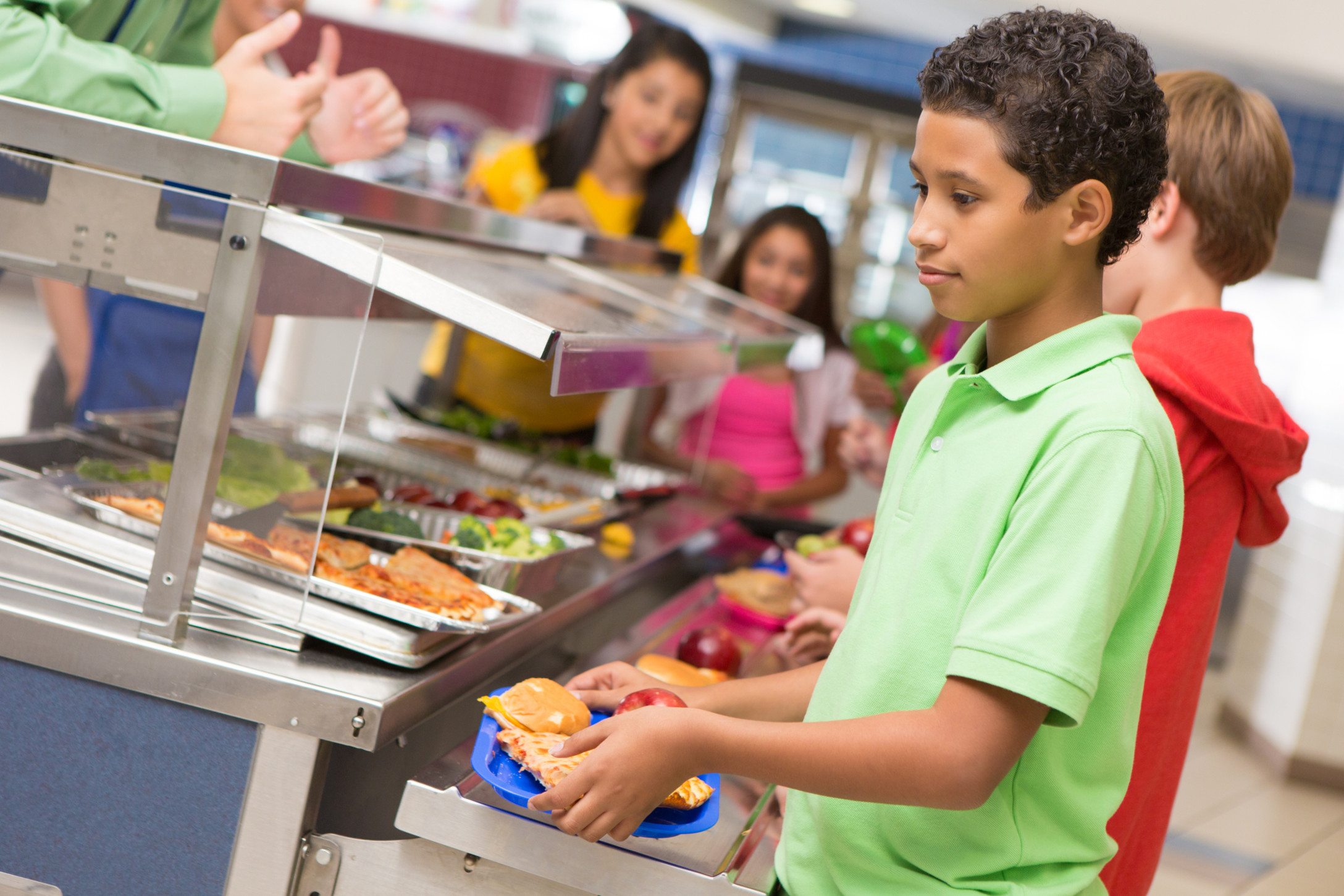
"One of the big shocks for us was how short the lunch period was! My son always did hot lunch at school, but after the first week of middle school we switched to him bringing lunch. His lunch period is only 26 minutes and by the time he made it to the cafeteria and through the lunch line, he was lucky to have five minutes to eat! He was starving by the end of the day. So maybe check on how long lunch is and figure out if brining lunch makes more sense. They can't learn if they are hungry." — Yolanda P., Oakdale, Minnesota
Play Time

"A transition that I didn't expect or really think about was that middle school kids (at least in our district) don't get recess. Or any outside playtime, other than if they have PE that semester, which they don't always have. That outside play time is still important for tweens and early teens, in my opinion as a mom and a doctor, so we made a deal that the kids play outside for at least 30 minutes when they get home from school and before they do homework. They need the movement and the time to unwind." — Joyce E., Bloomington, Indiana
Status Items

"Middle school was when my daughter went from being totally cool with clothes off the Target clearance rack to being really aware of brands and that somethings are like status items. We don't have a lot of money, but I remember how important name brand stuff was to me at that age, so we had a talk about peer pressure and budgets and all the stuff. We eventually decided to visit some thrift and Goodwill shops in some of the fancier areas of town and found some of the labels she wanted to wear. It actually kind of made peer pressure into a bonding activity for us. So I guess my advice is to try to help them get some of that status stuff if you can? Sounds dumb, maybe, but that stuff does matter socially sometimes." — Name withheld by request
Meet the Teachers
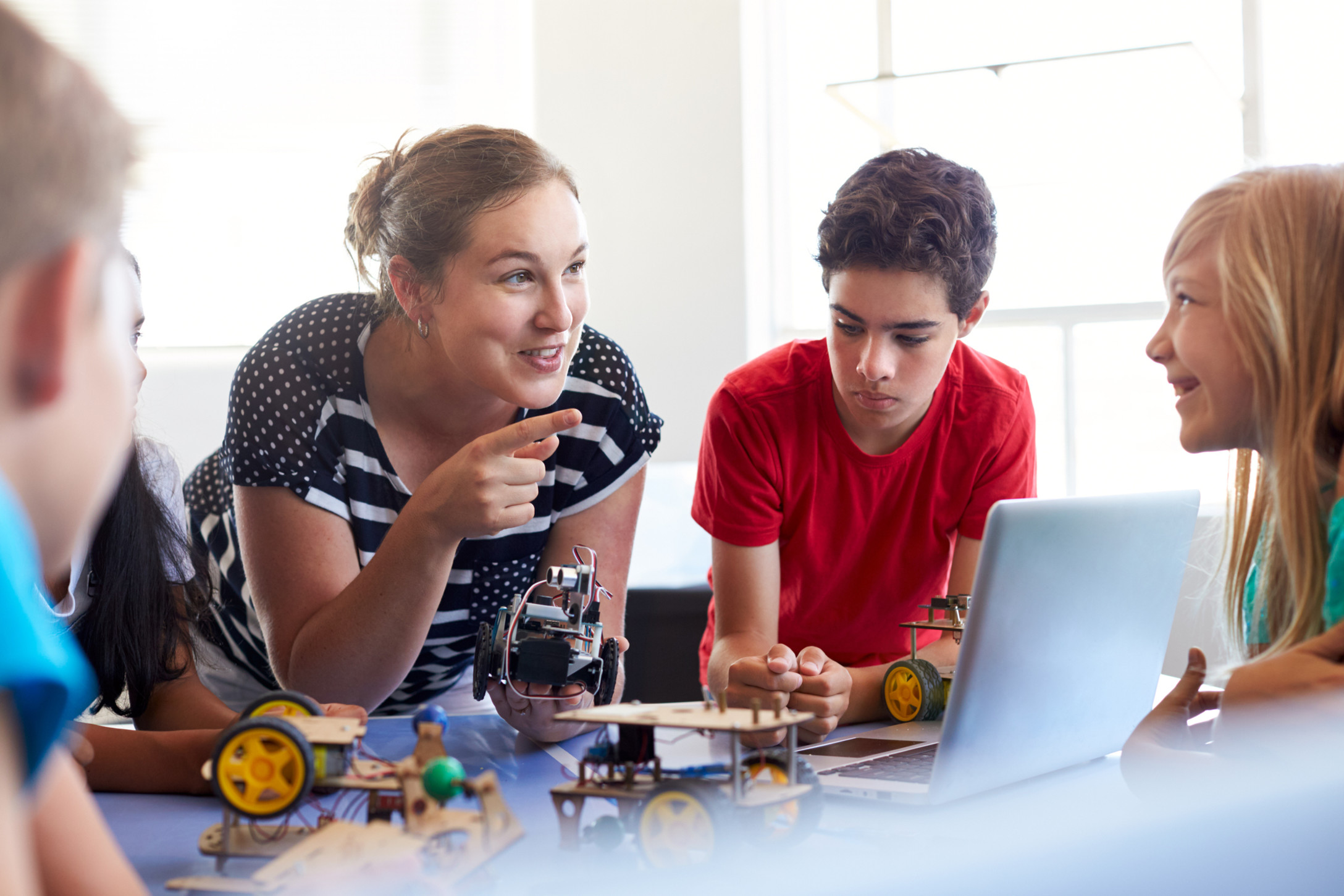
"Try to make an effort to connect with the teachers! I send all the teachers a friendly email at the start of the school year, just introducing myself, letting them know I'm excited for my kid to be in their class, and saying 'hey, feel free to message me if you think my kid needs some extra support or something is up.' Almost all of them respond and then it is easy to get in touch later if we have a question about an assignment or something." — Jessica R., St. Paul, Minnesota

